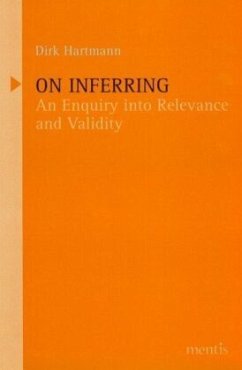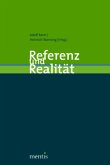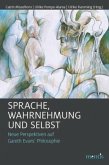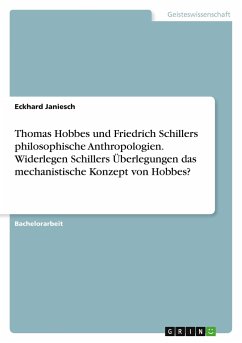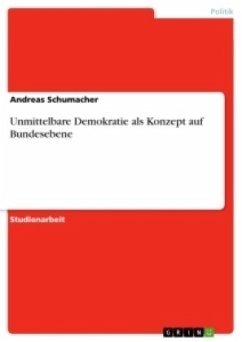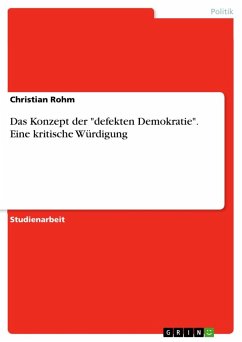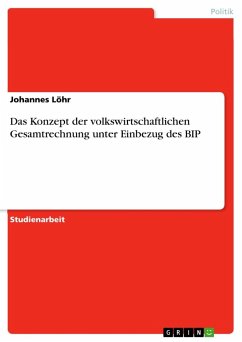The purpose of teaching logic in philosophy is to enable us to evaluate arguments with respect to (formal) validity. Standard logics refer to a concept of validity which allows for the relation of implication to hold between premises and conclusion even in cases where there is no "relevant" connection between the premises and the conclusion. A prominent example for this is the rule "Ex-Falso-Quodlibet" (EFQ), which allows us to infer an arbitrary proposition from a contradiction. The tolerance of irrelevance endorsed by standard logics unfortunately engenders that they cannot adequately fulfill their intended task of analyzing and evaluating philosophical, scientific and everyday-life arguments - instead, their application even gives rise to a multitude of artificial philosophical pseudoproblems (like the problem of the disposition predicates or the problem of counterfactuals).
As alternatives to standard logics, there exist non-standard systems called "relevance logics" or "relevant logics" meant to avoid irrelevance. The problem with these systems, however, is that the mainstream relational semantics ("worlds semantics") available for them is to be considered unintuitive and complex to a degree which is apt to render relevant logics unattractive to the majority of philosophers who are on the lookout not only for adequate, but also simple and efficient technical means for evaluating arguments. Therefore, the main aim of this treatise is to provide an alternative semantics ("rules semantics") which is comparatively easy to grasp and simple in application. A second aim of the book is to extend the semantics as least as far as it takes to cover more or less all the logical notions philosophers need in their "everyday analyzing". This includes first order predicate logic, higher order logic (for analyzing talk about "properties" etc.), identity, definite descriptions, abstraction principles and modal logic.
This book can be read without having any more background than a good introductory course in classical logic provides.
Hinweis: Dieser Artikel kann nur an eine deutsche Lieferadresse ausgeliefert werden.
As alternatives to standard logics, there exist non-standard systems called "relevance logics" or "relevant logics" meant to avoid irrelevance. The problem with these systems, however, is that the mainstream relational semantics ("worlds semantics") available for them is to be considered unintuitive and complex to a degree which is apt to render relevant logics unattractive to the majority of philosophers who are on the lookout not only for adequate, but also simple and efficient technical means for evaluating arguments. Therefore, the main aim of this treatise is to provide an alternative semantics ("rules semantics") which is comparatively easy to grasp and simple in application. A second aim of the book is to extend the semantics as least as far as it takes to cover more or less all the logical notions philosophers need in their "everyday analyzing". This includes first order predicate logic, higher order logic (for analyzing talk about "properties" etc.), identity, definite descriptions, abstraction principles and modal logic.
This book can be read without having any more background than a good introductory course in classical logic provides.
Hinweis: Dieser Artikel kann nur an eine deutsche Lieferadresse ausgeliefert werden.
